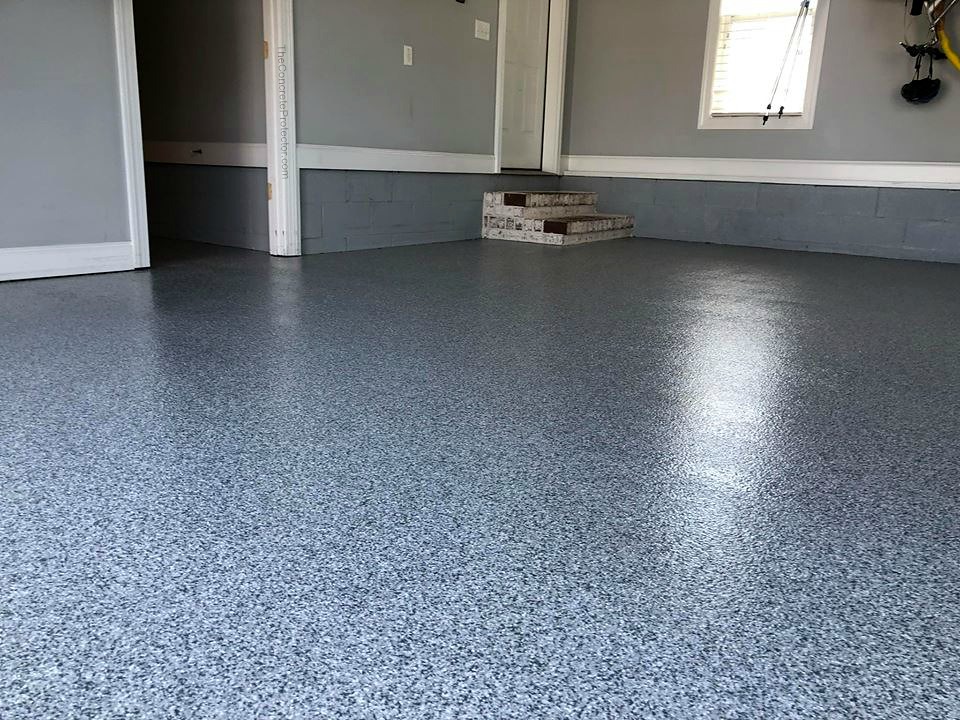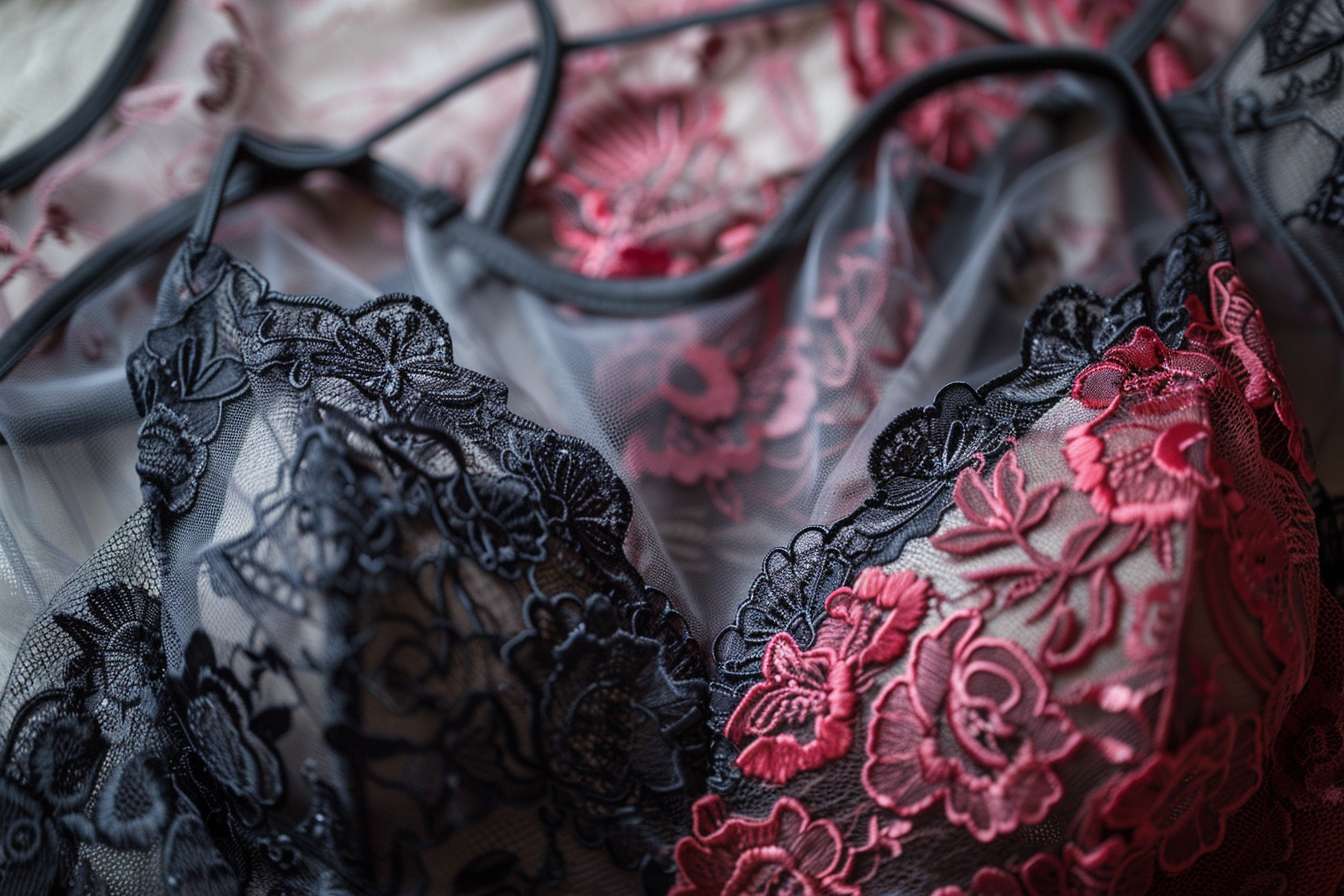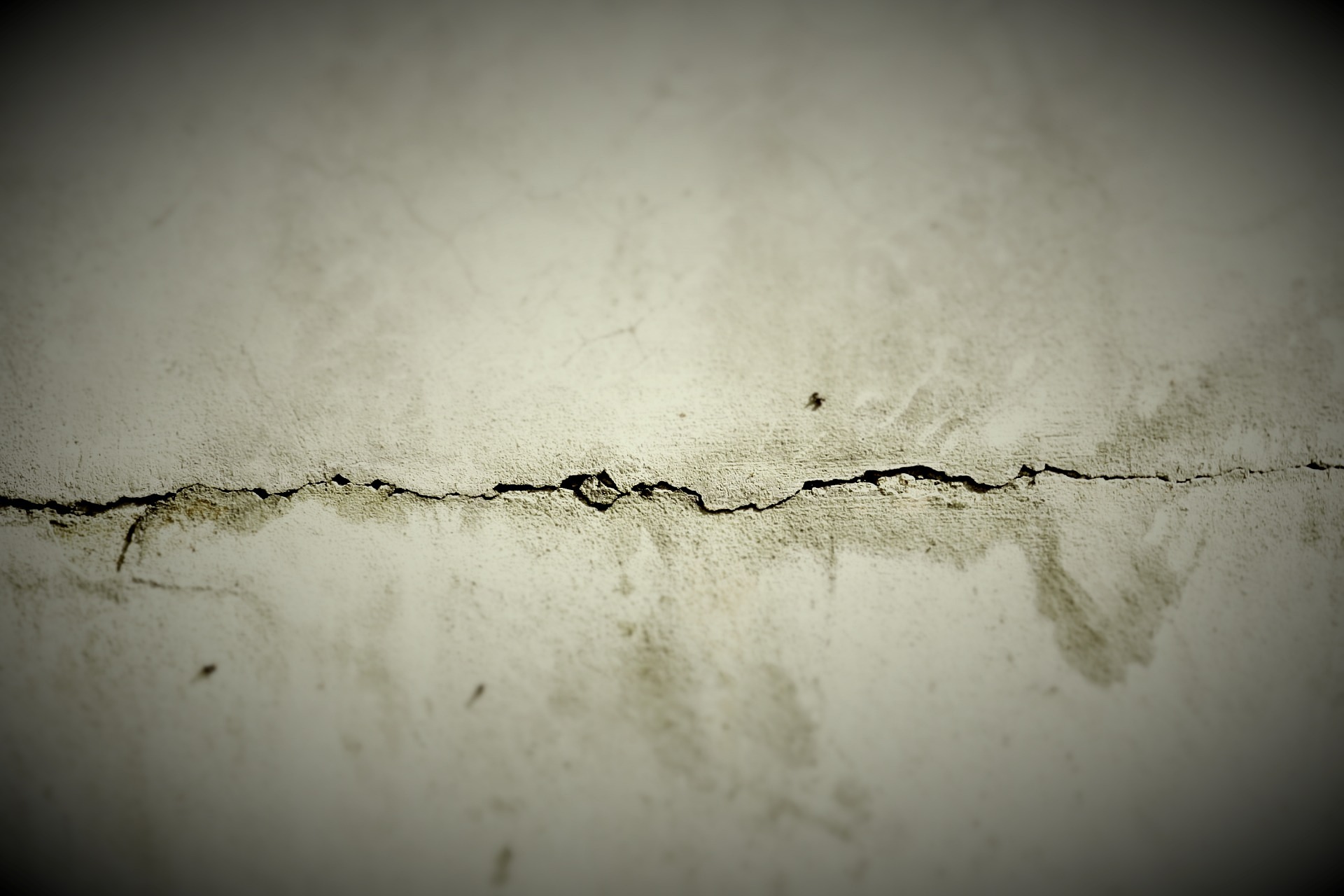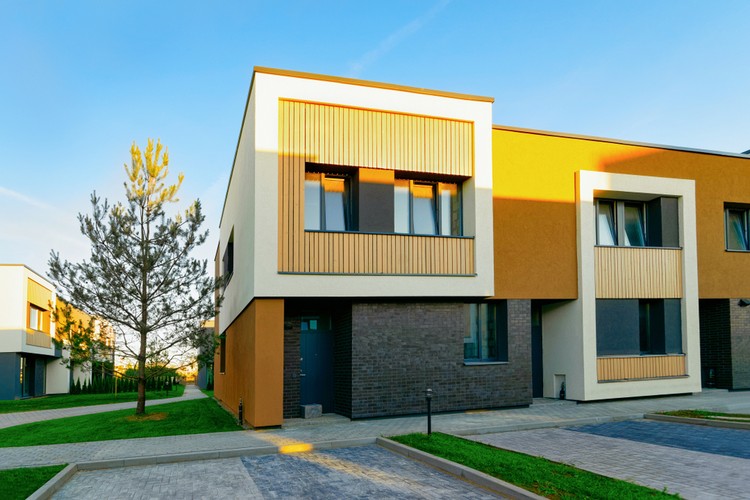Discovering the Essentials of Epoxy Floor Coating Costs and Care in Canada for 2025
Did you know that understanding epoxy floor types and maintenance can influence your home's durability and style? Learning the differences between coatings, their lifespan, and care requirements can help homeowners make smarter, long-lasting flooring choices.

Epoxy Floor Coating Costs in Canada for 2025
The price of epoxy floor coatings varies based on project size, room type, epoxy resin quality, design complexity, and labor requirements. Below are the key price details for common Canadian home applications in 2025:
Price Range by Area
- **Garage Floors:**For a typical two-car garage (~400 sq ft), professional epoxy coating costs range from CAD $2,000 to $4,500. This equates to approximately $8 to $14 per square foot, including both materials (around $1 to $6 per sq ft) and labor ($3 to $6 per sq ft).
- **Basement Floors:**Basement epoxy installation averages from CAD $1,500 to $4,000 for about 500 sq ft. Prices vary from roughly $3 to $8 per sq ft, influenced by epoxy type and finish level.
- **Kitchen Floors:**Kitchen epoxy floors usually fall in the $3 to $8 per square foot range. Epoxy can be applied directly over existing tiles, which may reduce removal costs while providing a waterproof and chip-resistant surface.
- **Smaller and Larger Spaces:**Smaller garages (e.g., 10x12 ft) may cost between $360 to $960, while larger basement areas near 1,000 sq ft may approach $8,000 depending on finish options.
How Epoxy Type Affects Price
- Water-Based Epoxy: Generally less expensive with lower durability, suitable for light-use areas.
- 100% Solid Epoxy: Mid-range price offering higher durability and faster curing.
- Solvent-Based Epoxy: Typically more costly with strong chemical resistance.
- Specialty Finishes: Metallic and flaked epoxy finishes, popular for aesthetics and customization, often come at premium prices.
Understanding Epoxy Resin and Installation
What Is Epoxy?
Epoxy floors are created by mixing resin and hardener that chemically bond to form a tough coating adhering firmly to concrete or other subfloors. Professional-grade epoxies contain 90-100% solids by volume, ensuring a thicker, more durable coating compared to products with 30-40% solids, which yield thinner, less protective surfaces.
Surface Preparation and Application Process
Proper surface preparation is important for a long-lasting epoxy floor. This process typically involves:
- Thorough cleaning and removal of contaminants.
- Grinding or shot blasting to create a rough surface profile for bonding.
- Priming the floor to seal pores and improve adhesion.
Installation and curing can take 2 to 5 days depending on floor size and environmental conditions. Curing generally requires about 72 hours before the floor can be safely used. Factors such as temperature and humidity can influence this time.
Because preparation and application involve skill and specialized tools, professional installation is often recommended over DIY kits to avoid issues like bubbling, poor adhesion, or uneven finish.
Maintenance and Longevity of Epoxy Floors
Epoxy flooring typically requires low maintenance and can have a long service life.
- Maintenance: Involves regular sweeping and mopping with mild detergents. The surface resists stains from oil, gasoline, chemicals, and spills commonly found in garages and kitchens.
- Longevity: With appropriate care, epoxy floors may last 10 to 20 years or longer without significant wear.
- Cost Efficiency: Requires no waxing, re-grouting, or frequent repairs. Annual upkeep costs are generally minimal.
Safety Considerations and Slip Resistance
Epoxy floors can become slippery when wet from water, snow slush, or spills, which is a concern in garages and kitchens.
- This can be addressed by adding non-slip additives such as aluminum oxide grit or silica to the epoxy’s topcoat.
- The size of grit can be adjusted to balance traction with aesthetic preferences based on room use.
Customization and Aesthetic Options for Residential Floors
Epoxy coatings offer various customization options, allowing homeowners to personalize their floors:
- Colors: Wide palette ranges from solid neutral shades to vibrant hues and multi-color mixes.
- Finishes: Options include matte, satin, or high-gloss finishes.
- Patterns: Metallic or flaked epoxy finishes add depth and visual interest, mimicking natural stone or creating unique effects.
- Designs: Possibility to include logos, stripes, or intricate patterns to suit personal style.
Uses of Epoxy in Different Home Areas
Garages
Garage epoxy floors are designed to withstand vehicle traffic, heavy tools, and spills. Thicker coatings (about 2 mm) can increase scratch and abrasion resistance. Epoxy’s stain and chemical resistance facilitates easy cleanup after vehicle maintenance.
Basements
Epoxy is suitable for basements, providing a moisture-resistant, durable, and attractive alternative to carpet or vinyl. Its waterproof nature can help reduce mold and mildew risks in damp environments.
Kitchens
Epoxy’s seamless and waterproof surface helps prevent grime buildup and facilitates cleaning, making it practical for kitchens. It is durable against dropped pans and hot oil spills but care should be taken to avoid damage from sharp objects.
Exterior Floors
Although less common in Canadian pricing guides, epoxy coatings with UV-resistant formulations like polyurea can be used outdoors. These materials may be more expensive but offer enhanced durability against sunlight and temperature changes.
Comparing Epoxy to Alternative Coatings
Some homeowners consider polyurea coatings for faster curing times, better UV resistance, and more flexibility. Polyurea coatings are generally costlier than epoxy but can be suitable for exterior or harsh environment applications.
Summary of Epoxy Flooring Considerations for 2025 in Canada
- Costs: Vary between CAD $3 to $14 per square foot depending on location, epoxy type, and design.
- Installation: Professional preparation and application are important for durability and finish; expect 2-5 days for full completion.
- Maintenance: Generally minimal, mainly routine cleaning; floors can last 10-20 years.
- Customization: Available in various colors, finishes, and patterns for personalized floors.
- Safety: Use of non-slip additives can improve traction in wet conditions.
Epoxy flooring remains an option for Canadian homeowners seeking durable, customizable, and low-maintenance flooring solutions for garages, basements, kitchens, and certain exterior surfaces.
Sources
- How Much Does an Epoxy Resin Floor Cost? Crown Coatings
- Best Garage Epoxy Flooring Prices and Products Compare Home Quotes
- Epoxy Flooring – Garage and Basement Prices in 2024 Soumissions Plancher
Disclaimer: All content, including text, graphics, images and information, contained on or available through this web site is for general information purposes only. The information and materials contained in these pages and the terms, conditions and descriptions that appear, are subject to change without notice.




